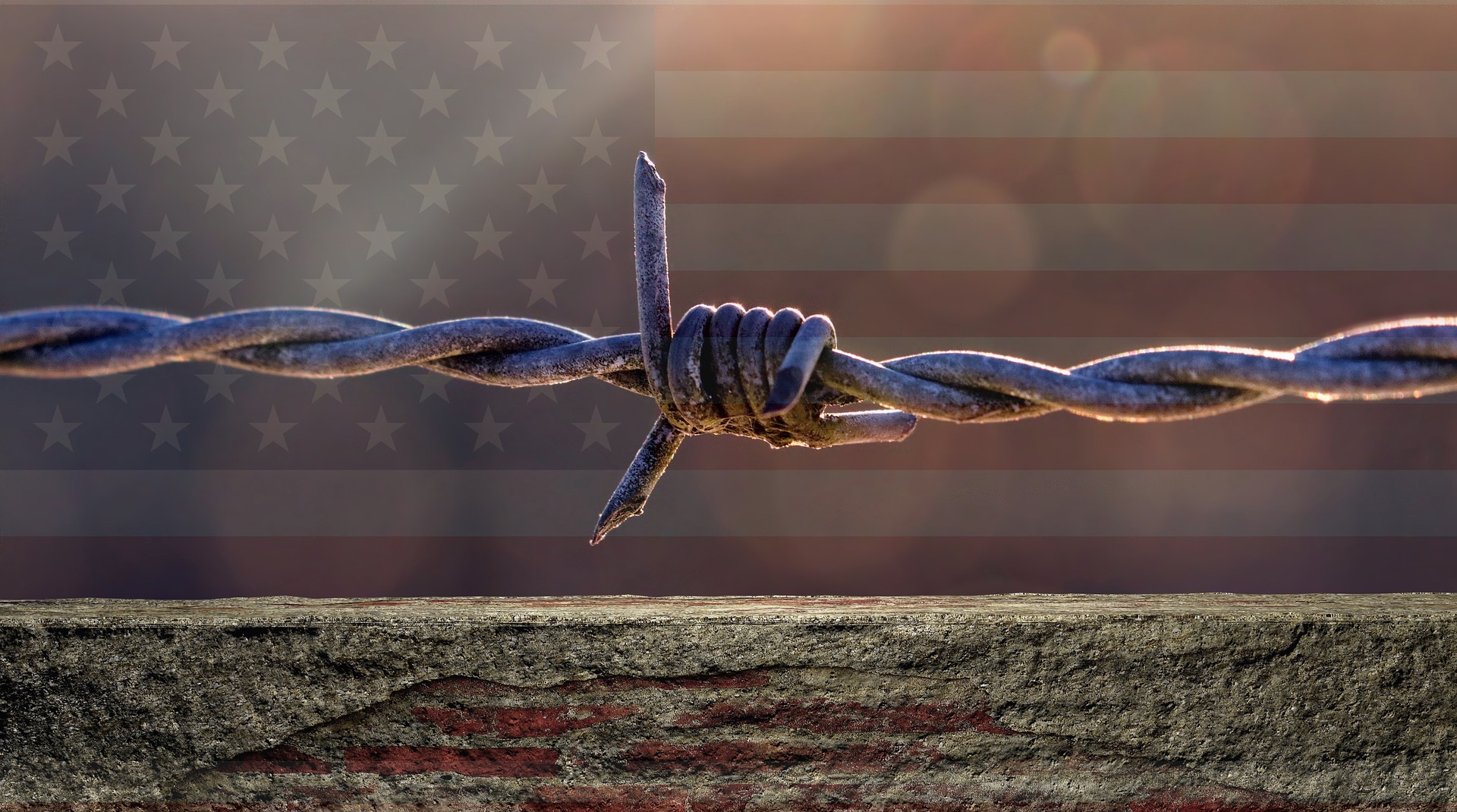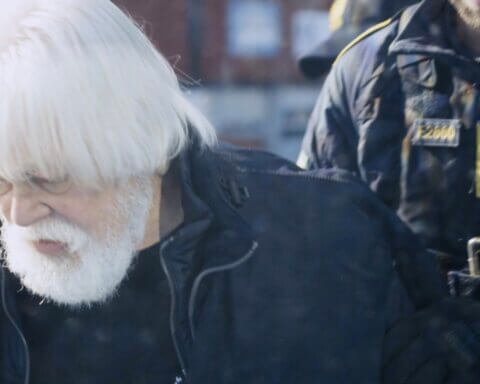WASHINGTON — Do you ever feel sad when your favorite TV show comes to an end? Whether it’s because you just binge watched on Netflix or Hulu, or the dozens of websites you can stream from, or whether it’s a season finale and you have to wait until next season to watch. If your response is yes to any of the former, then you have experienced what is called a parasocial relationship. In other words this relationship is a one-sided experience between viewers and their favorite characters.
Social Psychologists have found that parasocial relationships are a real thing. At its most basic level, they have shown that viewers are inherently prone to develop relationships with the characters they see on television, not only in fictional accounts, but other forms of news media. Yes, this can include our dear supreme leader, President Trump.
Here’s why you should be worried: parasocial relationships are not merely benign feelings we hold towards our favorite characters, political figures, or celebrities. Parasocial relationships involve attachment and other feelings that can be as intense as relationships we have with real people. So, when a parasocial relationship concludes — such as when your favorite show is canceled or comes to its finale — viewers experience the very same intense emotions that are embedded in any “real” relationship breakup.
No doubt, our feelings toward television characters are nothing less than a flaw in our subconscious ability to separate real-life interactions from those we see through a screen. The scary thing is, we are vulnerable to the intense emotions of parasocial relationships and there’s nothing we can do about it. Perhaps, the best thing is to simply embrace this unique feature of our human-ness rather than resist it.

Sara Montes de Oca is a TV news producer,
writer and social observer
Tweet @saramdo17








